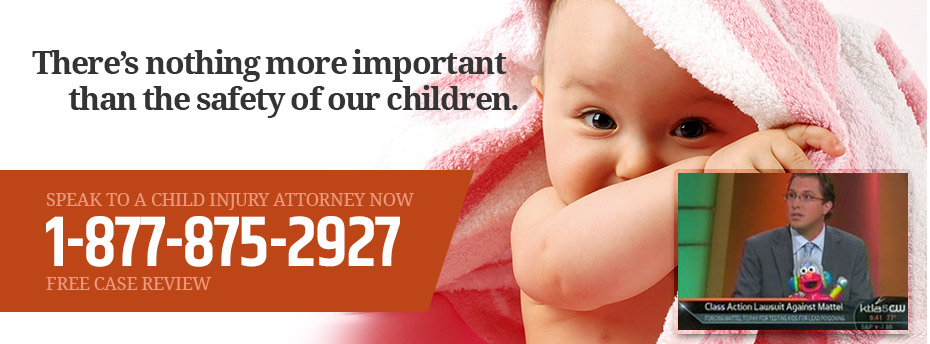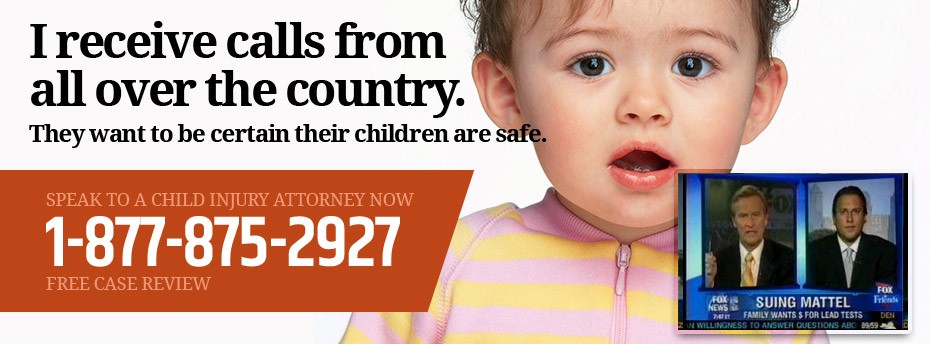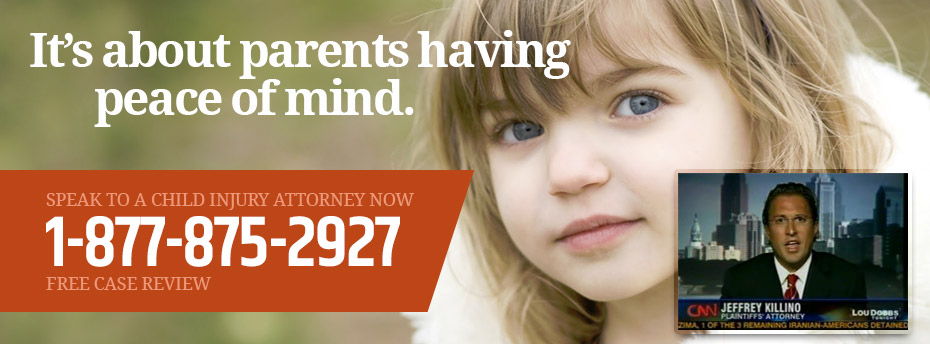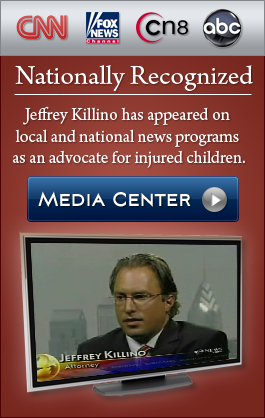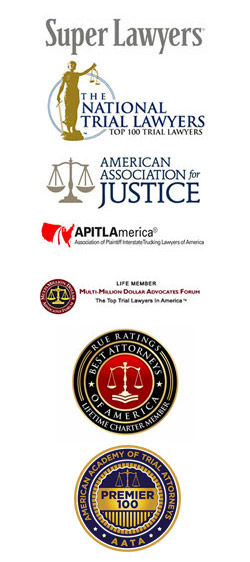With more than 11 million children going to a child care provider each day in the United States, selecting the right child care center has never been more important for a parent. After all, ensuring the safety and well being of their children is every parent’s ultimate goal.
The child-care market has grown tremendously in the past decade as more and more parents return to work after childbirth. With so many available providers, weeding through the options and making the best choice can be challenging. A number of factors impact a parent’s choice in this case, including location, cost, safety, educational value, and hours.
When looking for a prospective child-care center or provider, have a list of questions prepared to ask. No question is too small when your child’s safety is at stake. Here are some possible questions to ask and topics to discuss with the child-care center owner or provider:
Accreditation and Licensing: Verify that the prospective child care provider has all the proper licenses and accreditations to do business in your state, and that everything is up to date. This is also the time to ask if there have been any license violations, or difficulties during the licensing process. Sometimes it’s the little things that place your child at risk, so leave no stone unturned.
Cost: The cost of child-care can be an important factor in your choice, especially in the current economy. Recent figures show that you can expect to pay up to $972 each month for child-care. (http://www.babycenter.com/childcare-options) Discuss the monthly costs, as well as any late charges, service fees, or any other expense that may arise.
Safety: What are the safety measures used to protect your child? Will they be riding in vehicles? If so, will car and booster seats and seat belts be secure properly? What are the safety measures on field trips or on the playground? As a parent, a level of trust is formed when you know the answers to these questions. Take note of the safety policy and request a paper copy to keep in case you need to look at it at a later date.
Staffing and Training: Next to safety, this is another very important factor to consider. Ask the provider the level of education and training required for employees to work at the center. It may be helpful to compare this to state standards. Also, verify that a licensed health professional is on site or nearby, and that all staff are trained to perform basic emergency maneuvers such as CPR and the Heimlich. Discuss the grouping of children, and ensure that the ratio of teacher to child is appropriate for the child’s age group. (http://www.healthychildren.org/english/family-life/work-play/Pages/Choosing-a-Childcare-Center).
Disciplinary Measures: This can be a touchy and uncomfortable topic for parents considering outside child-care. Most providers are well aware that parents are uneasy, so take the time to sit and talk about it. If you have specific concerns about the discipline methods used, the provider’s response may confirm or rule out an option quickly.
Hours: Ensuring that the facility is open before you need to drop your child off and closing after you pick him or her up is obviously an important factor in choosing a provider. Be sure to ask about additional fees for picking up your child late, or dropping them off earlier than normal for days when your schedule requires it.
Rules and Policies: Be sure to ask for a written copy of all rules and policies for the center, including standards of health and nutrition, methods of dealing with sickness and medication, transportation off campus, playground play, field trips, and more. As these policies will guide your child’s time at the center, take the time to read them thoroughly and address any issues or discrepancies you may have with them early on, as opposed to after an incident or problem occurs.
Provider/Parent Relationship: Accidents will happen. Issues will come up. Before you write that first check for child-care, have a thorough discussion with the provider regarding the communication that will occur between you and the center. Will the center automatically provide feedback on your child on a regular basis? If not, set a scheduled time to discuss your child’s progress and behavior. Also, be quick to meet with your child’s provider when your child mentions an incident or concern.
No number of questions or safeguards can prevent every accident. If your child is injured or was harmed while under the care of a licensed provider, you do have options. Child injury attorney Jeffrey Killino has the knowledge and experience to represent you and your child’s best interests in a court of law. Contact Jeffrey Killino today to determine if you are eligible for monetary compensation for your child’s injury.
